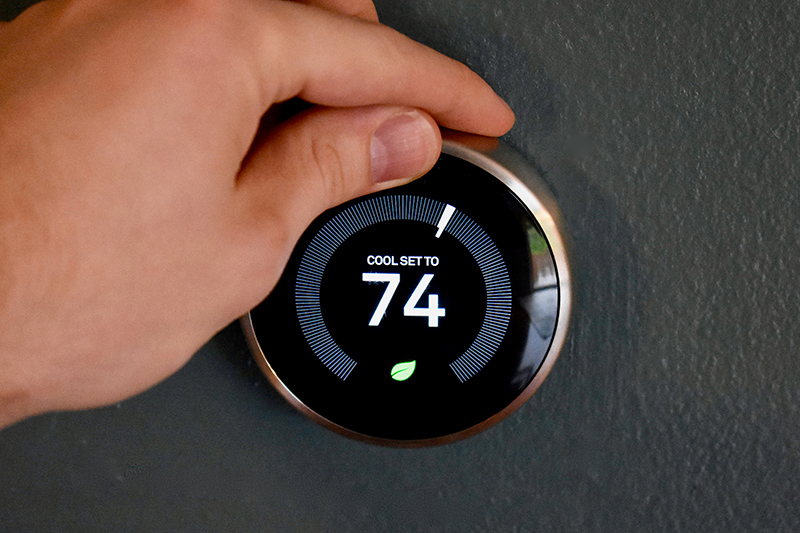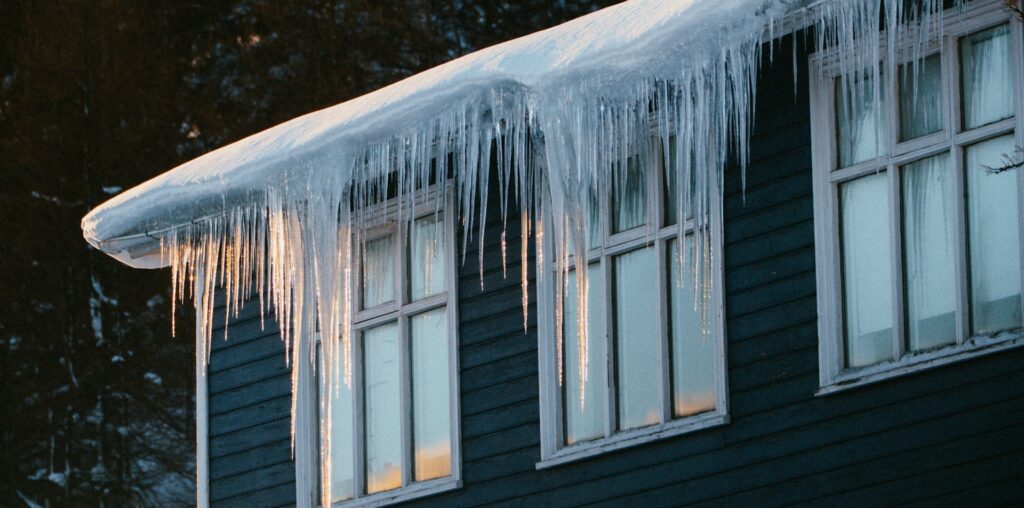How To Reduce Your Carbon Footprint With Your HVAC System

Reducing our carbon footprint has become more important in fighting climate change. As individuals, we can make an impact by adopting sustainable practices in our lives. One area where we can take action is through our HVAC systems. In this blog, we explore how your HVAC system can contribute to reducing emissions. We also provide tips on how to use your HVAC system to reduce your environmental impact.
The Importance of Lowering Your Carbon Footprint
Lowering your carbon footprint is crucial for several reasons. By reducing carbon emissions, we can reduce the effects of global climate change. Carbon dioxide and other greenhouse gasses trap heat in the atmosphere. This causes rising temperatures, extreme weather events, and ecological disruptions. Lowering carbon emissions also improves air quality, resulting in cleaner and healthier environments. By reducing the burning of fossil fuels, we can reduce air pollution. Since this can lead to respiratory and cardiovascular issues, it’s good for your body as well. Lowering your carbon footprint often involves conserving energy and using renewable resources. This helps preserve finite natural resources, such as fossil fuels. It also promotes the development and use of sustainable alternatives.
How Your HVAC System Can Help Reduce Your Carbon Footprint
Your HVAC system plays a major role in both energy consumption and carbon emissions. Here’s how you can leverage it to reduce your carbon footprint.
1. Upgrade to Energy-Efficient HVAC Equipment
Investing in energy-efficient HVAC equipment can reduce your carbon footprint. Look for systems with ENERGY STAR® certification, as they meet strict efficiency standards.
2. Optimize Your HVAC System Usage
Make sure to maintain and optimize your HVAC system. Be sure to clean or replace air filters and seal ductwork. You should also program your thermostat for optimal energy usage. Consider installing a smart thermostat that can learn your preferences and adjust temperatures.
3. Use Natural Ventilation
Take advantage of natural ventilation whenever possible. Open windows and use ceiling fans to circulate fresh air during mild weather. This reduces the need for air conditioning. This helps to lower energy consumption and decrease carbon emissions.
4. Embrace Geothermal Heating and Cooling
Geothermal systems use the earth’s natural heat to provide heating and cooling. With this, you can reduce your reliance on systems using non-renewable fuels.
Tips to Reduce Your Carbon Footprint Using Your HVAC System
Here are some other ways to help you further reduce your carbon footprint using your HVAC system. Set your thermostat a few degrees higher in summer and lower in winter. This can help to reduce energy consumption. Proper insulation minimizes heat transfer, helping your HVAC system work better. Schedule regular maintenance with a qualified HVAC technician. They can keep your system running and can catch any issues early. Install solar panels to power your HVAC system, providing clean and renewable energy. Enroll in demand response programs. These allow your utility company to adjust your HVAC system during peak times. This can reduce strain on the electrical grid.
Contact Us
Lowering your carbon footprint is vital to protecting the planet for future generations. By using your HVAC system in a sustainable manner, you can help reduce carbon emissions. Upgrade to energy-efficient equipment, optimize usage, and embrace natural ventilation. You should also consider alternative technologies like geothermal systems. By taking these steps, we can work towards a more sustainable future. If you need help with your HVAC system’s emissions, we are here to help. Contact us today for all your HVAC system needs!







